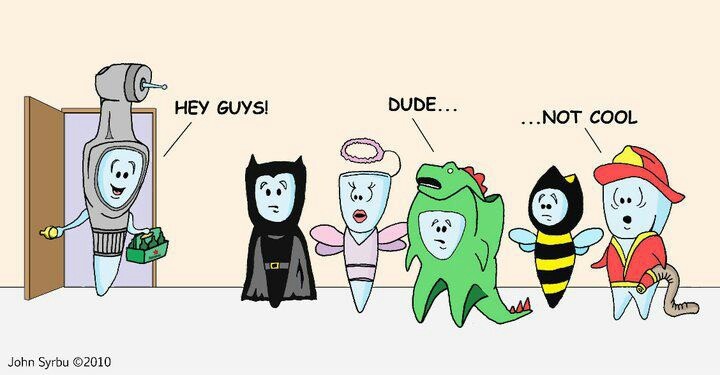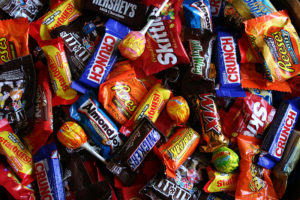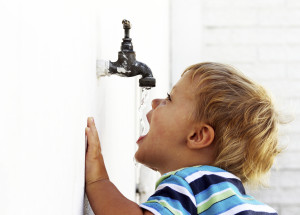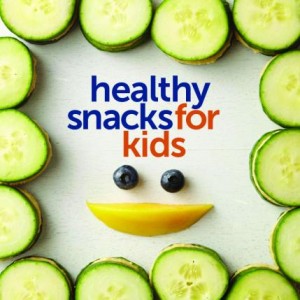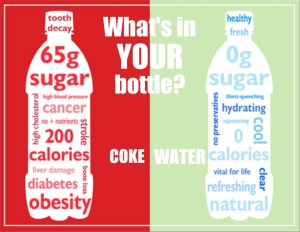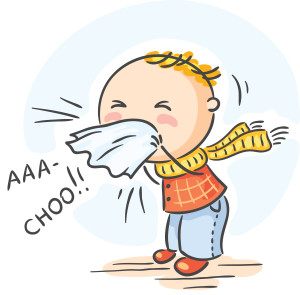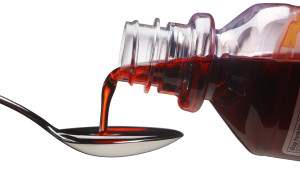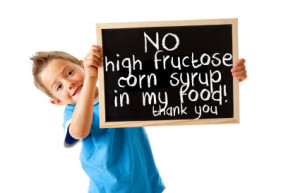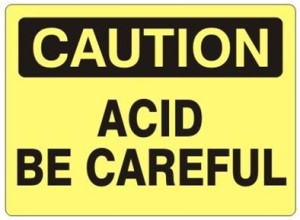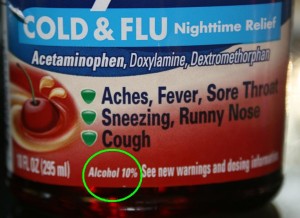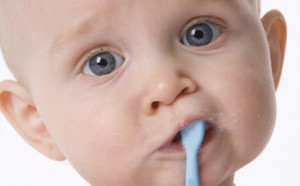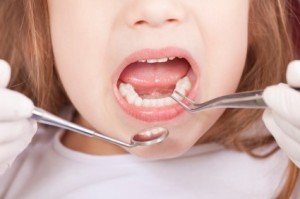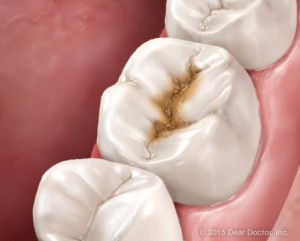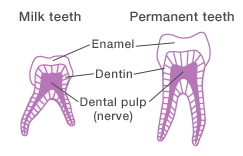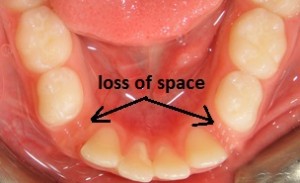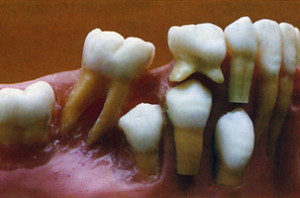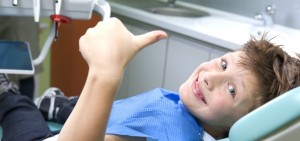Tongue ties, also known as ankyloglossia, are a common condition that can affect children’s speech, feeding, and oral health. A tongue tie is a band of tissue that connects the tongue to the bottom of the mouth, and can be restrictive if it is too short or tight. Tongue ties can cause problems with breastfeeding, speaking, and swallowing, and can lead to issues like dental cavities and gum disease.
If you think your child may have a tongue tie, it’s important to speak with a pediatric dentist or a speech therapist. They will be able to assess your child’s tongue tie and recommend the best course of treatment. Here’s what you need to know about treating tongue ties in children:
- Laser treatment: One common treatment for tongue ties is laser treatment, also known as frenectomy. This procedure involves using a laser to remove the excess tissue that is causing the tongue tie. Laser treatment is minimally invasive and has a quick recovery time.
- Surgical treatment: In some cases, surgical treatment may be necessary to treat a tongue tie. This procedure involves cutting the excess tissue with a scalpel or scissors. Surgical treatment may be recommended if the tongue tie is severe or if laser treatment is not effective.
- Exercises and stretches: After treatment, your child may be prescribed exercises and stretches to help improve their tongue movement and flexibility.
Dr. Z is a certified expert in frenulum treatment and inspection by the Academy of Orofacial Myofunctional therapists – in other words, she REALLY knows what she’s doing.
- Kids have a painless experience with the Waterlase laser technology.
- Your child will see immediate results with feeding and speech post-surgery.
- Z Pediatric Dentistry is the only office in Pearland to offer these services!
- The reviews speak for themselves, watch what one mom had to say about her experience
Contact us if you have any questions

